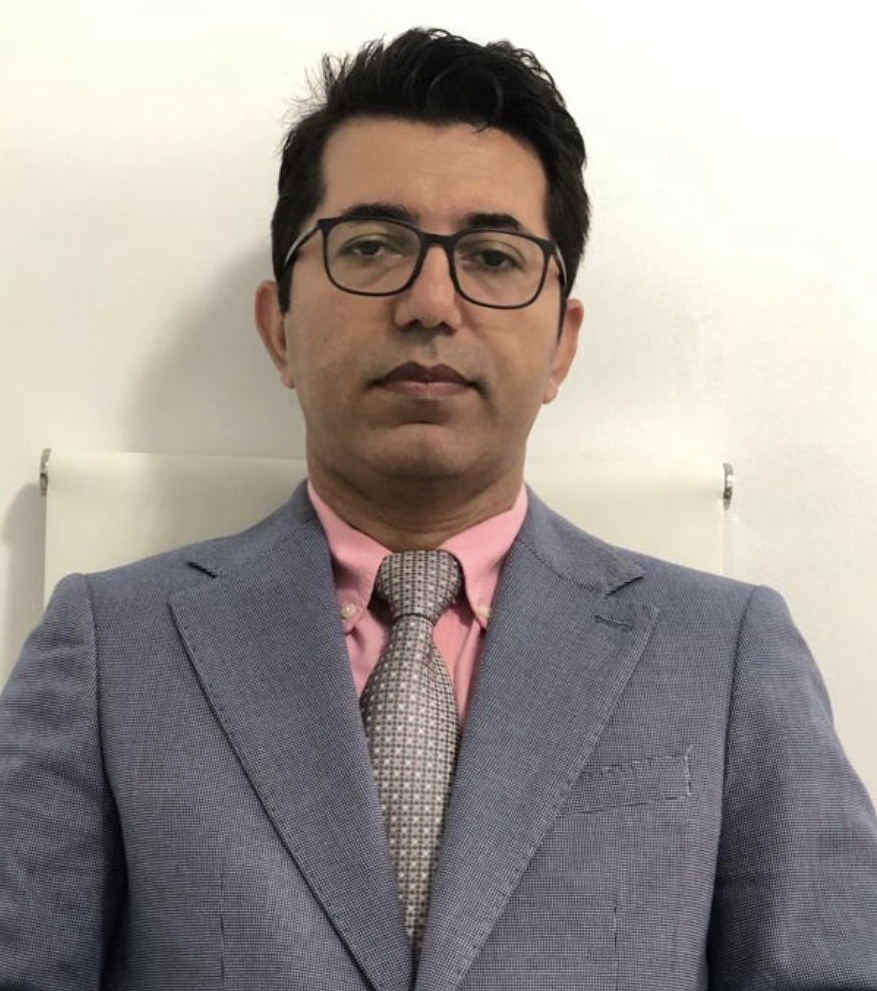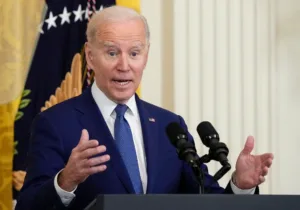Recently, it was reported that eight individuals in Iran’s Evin Prisons are at serious risk of imminent finger amputation, a punishment usually meted out to the thieves. They were sentenced to have four fingers on their right hands cut off so that only the palms of the hand and the thumb are left.
Regrettably, there has been little attention to this issue in the major media, all the more so because this type of punishment is a cardinal element in the Islamic Penal Code of the Islamic Republic of Iran (IPCI). According to the article 278, the hadd punishment for theft for a first offense is amputation of the full length of four fingers of the right hand; for the second offense, amputation of the left foot, and for the third and fourth offenses, the punishment is life imprisonment and the death penalty respectively.
According to the Abdorrahman Boroumand Centre, from January 1, 2000, to November 1, 2020, the authorities sentenced at least 264 individuals to amputation and amputated the fingers and feet of at least 129 men. Since 2020, at least 20 more individuals have been sentenced to amputation after grossly unfair trials. The alleged thieves were denied access to lawyers, and the courts relied on forced confessions. Convicted people were tortured into signing a blank piece of paper to which police authorities later added the details of the charges. A US State Department report listed the common methods of torture used: “threats of execution and rape, forced tests of virginity and sodomy, sleep deprivation, electric shock to the genitals, burnings, the use of pressure positions, and severe and repeated beatings.”
Iranian authorities also use other methods such as forcibly extracting fingernails from fingers or toes, flogging, and beating with batons to torture prisoners physically. Prisoners who experienced these painful tortures later said they “wished to die to be free of the pain and torture.” Since January 2000, at least 6,656 individuals, including 4635 men, 372 women, and 77 children (56 boys and 21 girls), were sentenced to flogging. At least 2,134 individuals were flogged, including 1236 men, 53 women, and 17 children (10 boys and seven girls).
President Ebrahim Raisi, who was directly involved in the mass executions of thousands of political prisoners in the 1980s and later served as the head of the Judiciary, declared himself “proud” to use corporal punishment against thieves and burglars. As he put it, “thanks to the blessing of the Islamic Revolution, carrying out [such a] divine punishment has been practiced since the establishment of the revolution. It is one of our biggest honors to carry out divine punishment.” In this sense, Iran follows the Taliban in Afghanistan and the Islamic State in Iraq and Syria (ISIS), which routinely chopped off the hands and feet of those accused of stealing.
The regime cloaks itself in Koranic scriptures, but the IPCI espouses an astoundingly narrow definition of “theft.” Most significantly, embezzlement is not mentioned. There is a good reason for this omission. Corruption and embezzlement are at the very core of the Iranian regime. In Transparency International’s 2021 Corruption Perception Index, Iran ranks 150 out of 180 countries listed. Embezzlement is endemic among regime officials and their offspring (known as “Aghazadeh” or “noble-born” children). It is widely known that political elites, Revolutionary Guards, and administrators of the bonyads (the large foundations) routinely engage in criminal practices which cost billions of dollars and cripple the economy.
For instance, in 2018, in what became known as the country’s biggest embezzlement case of the time, Revolutionary Guards owned affiliated companies (including Khorasan Petrochemical Company, MiddleEast Kimia Pars Company, Arak’s Machine-Building Company, Sarmayeh Bank, Moalem insurance company) stole 14 trillion Tomans (over $700 Million deposited by teachers at Teachers’ Pension Fund. IRGC’s commander turned mayor of Tehran, Mohammed Bahger Ghalibaf, was implicated in a $3 billion theft from the municipality. The money was paid to Yas Holding Company which was owned by the IRGC’s Cooperatives Foundation, whereby the Guards tried to cover up the case. Ghalibaf was also involved in a massive multimillion-dollar property fraud case. Rostam Ghasemi, the former oil minister and Esmail Ahmadi-Moghaddam who served as deputy of the Basij militia and its commander of Greater Tehran and later served as Iran’s chief of police from 2005 to 2015, were accused of stealing $18 million from the oil revenue and Iran’s Law Enforcement Forces Cooperative Foundation.
Stealing land from the government and private individuals is another common crime among the elites. Gholamali Haddad-Adel, a member of Iran’s Expediency Discernment Council and a close relative of Supreme Leader Ayatollah Ali Khamenei, illegally seized the land worth 40 million dollars. Fazel Larijani and Mohammad Javad Larijani, brothers of Sadegh Larijani, the former head of the judiciary and the current head of the expediency council, illegally seized more than 342 hectares of national land on the outskirts of Varamin. Hossein Fereydoun, brother of former President Hassan Rouhani, was charged with illegally acquiring property worth 34 billion tomans and accepting 26 billion. Hamid Yazdi, son of Mohammad Yazdi, head of Iran’s judiciary, illegally seized 3,000 hectares of forest.
Children and relatives of political elites are also enjoying luxury lifestyles using state resources. Mahmoud Bahmani, former governor of the Central Bank of Iran during the Mahmoud Ahmadinejad administration, disclosed that “the 5000 aghazadehs currently live outside Iran have $148 billion ($200 billion) in their bank accounts, which is more than Iran’s foreign currency reserves.” Khamenei’s son, Mojtaba, keeps $3 billion in overseas accounts in British and South African banks. Masoud, another Khamenei’s son, transferred $400 million to British and French banks and holds $100 million in Iranian banks. He is also the exclusive owner of sales of Renault France products in Iran. Khamenei’s other children own over $500 million worth.
The courts have been very lenient in the vast majority of these and other cases. With very few exceptions, the high-ranking embezzlers were given short custodial sentences; most were secretly released when the media coverage of their malfeasance died down. Needless to say, none lost their limbs despite the vast sums of money involved.
The disparity between the poor who steal, a trend that increased with the economic difficulty, and the rich and privileged is exacerbated by the trial procedures. The former, who cannot afford legal representation, are victimized by fundamentally unfair trials. United Nations has rebuked the Iranian authorities, but human rights groups and the international community need to do much more.






